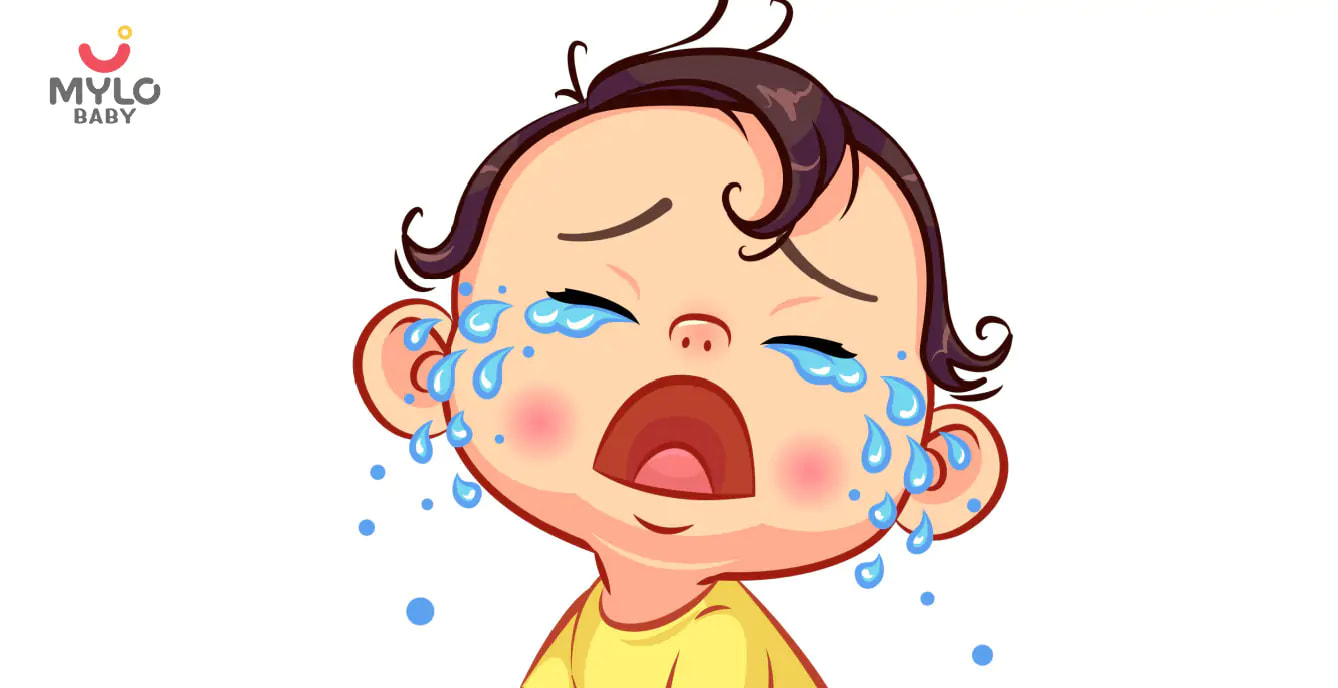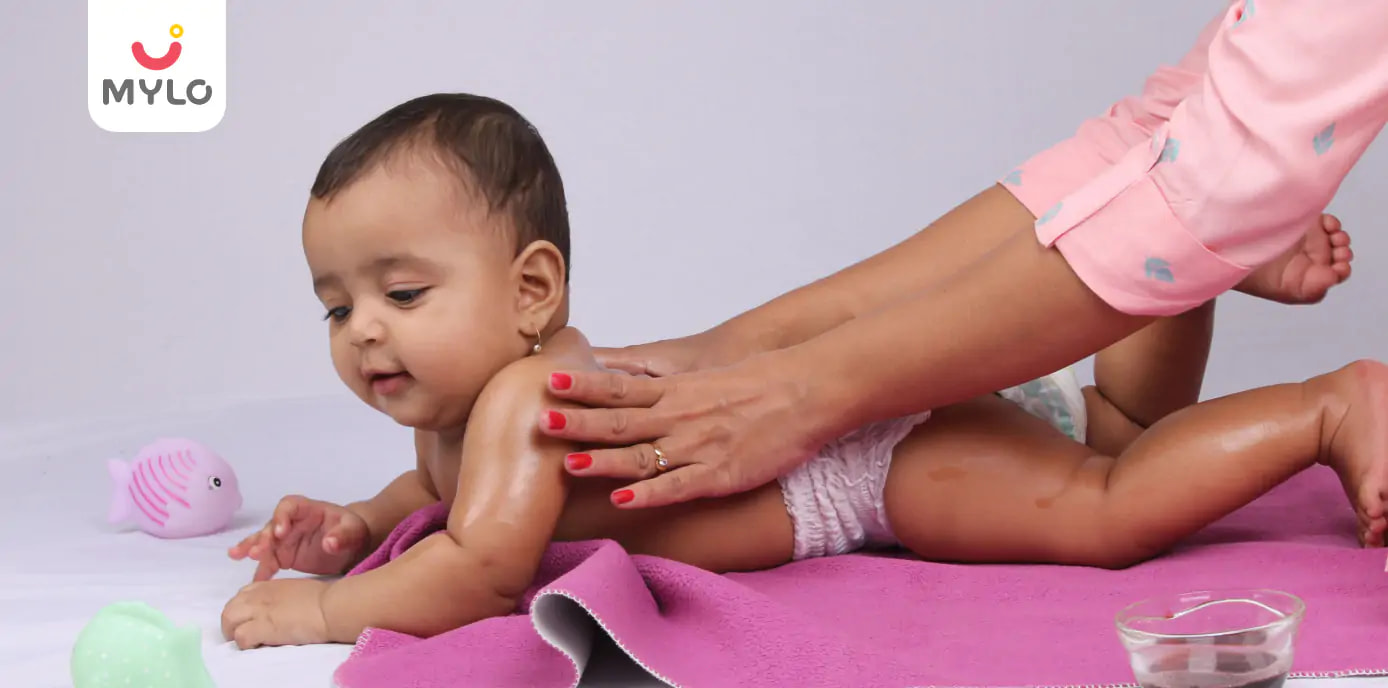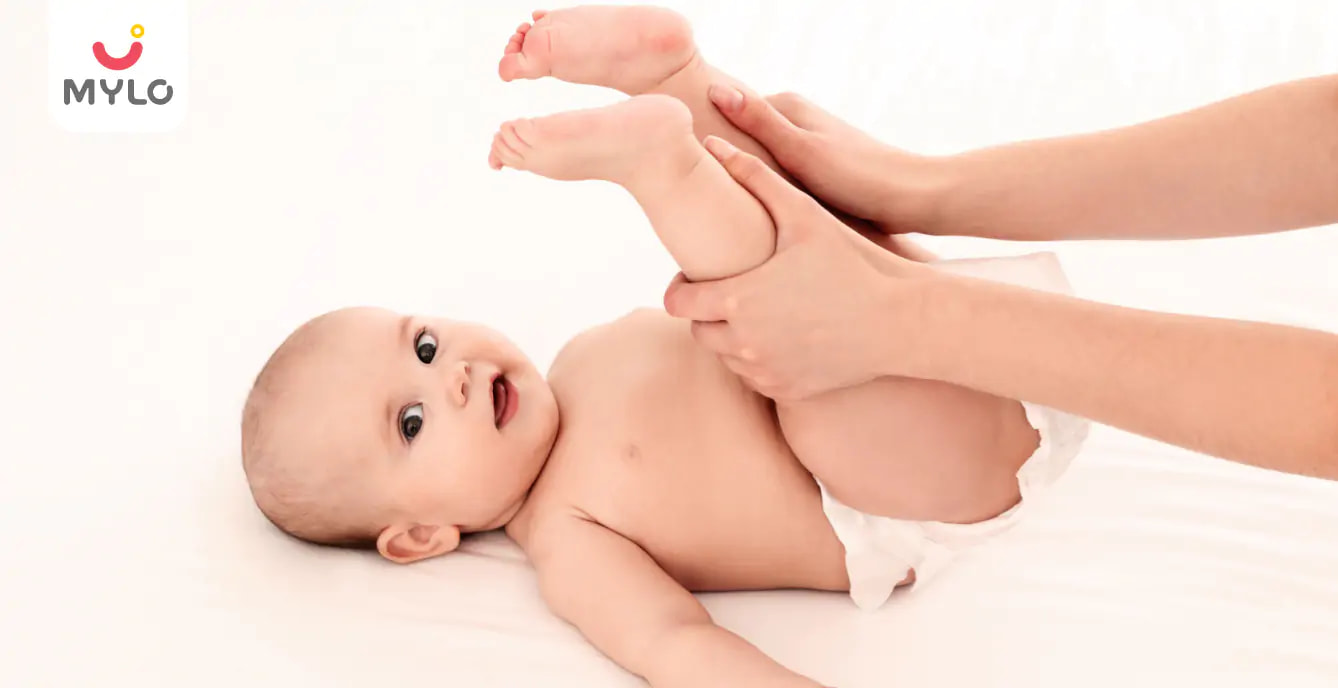Home

Brain Development

How touch can shape babies’ brain development
In this Article
Brain Development
How touch can shape babies’ brain development
Updated on 20 February 2023



Medically Reviewed by
Kusum Sabharwal
Obstetrician & Gynecologist - MBBS| DGO
View Profile

"A baby is born with a need to be loved and touched and it never outgrows it"
Touch is a fundamental sense of emotional and social associations. Babies need some touch effect to start bonding with their parents. Some studies reveal that skin-to-skin contact by parents and caregivers has an impact on brain development in babies. Let us peek into information about touch and its effect on brain development in babies.
From the moment they are born, babies are eager to explore the world around them, and their sense of touch is one of the most important tools they use to do so. Not only does touch help infants to feel safe and secure, but it also plays a critical role in shaping their brain development. Research has shown that touch plays a crucial role in the formation of neural connections in a baby's brain. As babies are touched, held, and nurtured, their brains release oxytocin, a hormone that helps to regulate stress and promote positive social interactions. This, in turn, leads to the development of more robust neural networks and a greater capacity for emotional regulation.
One of the most critical periods for touch-related brain development is the first two years of life. During this time, the neural pathways that are responsible for processing sensory information are rapidly developing, and touch plays a critical role in this process. Infants who are deprived of touch during this time may experience delays in the development of the brain regions responsible for processing sensory information, which can lead to long-term developmental problems. You can touch the baby throughout the day, but one of the touch that has healing properties is when you massage your baby. Try Mylo Ayurvedic Baby massage Oil for healthy muscular development.
You may like: Benefits of massaging your baby
On the other hand, positive touch experiences during infancy have been shown to promote healthy brain development and even boost cognitive abilities. One study found that infants who were given more physical touch and affection from their caregivers had higher levels of brain activity in regions associated with learning, memory, and social-emotional development.
So, how can parents and caregivers ensure that they are providing their babies with the right kind of touch to promote healthy brain development?
- First and foremost, it's essential to prioritize skin-to-skin contact with infants, particularly in the first few months of life. This type of touch has been shown to promote healthy bonding between parents and babies, as well as help regulate infants' body temperature, breathing, and heart rate.
- In addition to skin-to-skin contact, parents and caregivers can provide infants with a range of different types of touch experiences to promote healthy brain development. This might include gentle massages, cuddling, or playing with toys that provide different textures and sensations. By providing babies with a variety of touch experiences, caregivers can help to promote the development of a diverse range of neural pathways. While taking your baby out for a stroll you can use Mylo Baby Carrier to keep your baby close and they can feel your warmth.
- It's also important to remember that not all touch is positive. Rough handling or neglect can have a detrimental impact on a baby's developing brain. Caregivers should be mindful of their touch and ensure that it is always gentle, responsive, and nurturing. You can also keep your baby's skin hydrated and moist by using Mylo Care Baby Lotion and can also give your baby a magical touch.
- Touch plays a critical role in shaping babies' brain development, particularly in the first two years of life. By providing infants with positive touch experiences and prioritizing skin-to-skin contact, caregivers can help promote healthy brain development and set the foundation for long-term emotional and cognitive well-being.
Skin to skin contact and babies brain development
-
Previous researches also reveal that skin-to-skin touch has several developmental benefits in babies for premature and full-term babies.
- Skin to skin contact in babies results in better sleep, improved growth, and good motor development.
- Breastfeeding and other supportive touches for the babies decline their discomfort during painful medications and needle stick procedures.
- Dr.Nathalie Maire of Nationwide children's hospital states that supportive touch impacts brain development. They include social-emotional connections and learning.
- The doctor also states that touch helps infants communicate early and learn the surroundings.
- Touch declines anxiety and is also pain relief.
- Researchers found a better brain response in babies for a pleasant and nurturing touch.
- The sensory system is the earliest development in humans, which is supported by bodily sensations and touch.
- Touch thus helps in the development of cognitive, social development, and other senses in babies.
Summary
Gentle touch for all newborns is mandatory. A Touch is the building blocks for behavior, cognition, and communication in babies. Brain development starts at an early stage, and parents must shower love and touch with babies. Do you know that premature babies are less likely for brain development with touch? Supportive touch results in better brain development as in full-term babies.
To establish an essential connection with the brain, all newborn babies need touch. Hence make sure to be in touch with your baby. Boost the brain development in your baby and comfort them by your gentle touch. Babies feel safe and confident in your arms, hence cherish them safely. Parents need to learn the importance of skin-to-skin contact and build a strong bond with their baby.
References
Barnett, L. (2005). Keep in touch: The importance of touch in infant development. Infant Observation, 8(2), 115–123. https://doi.org/10.1080/13698030500171530
McVey, C. J., Niven, C. A., Ibhanesebhor, S., & AlRoomi, L. (1998). Reducing “pain” in very premature babies: The use of touch and mother’s voice. Health Psychology Update, 1(32), 22–26. https://doi.org/10.53841/bpshpu.1998.1.32.22





Medically Reviewed by
Kusum Sabharwal
Obstetrician & Gynecologist - MBBS| DGO
View Profile


Written by
Mylo Editor
Official account of Mylo Editor
Read MoreGet baby's diet chart, and growth tips

Related Articles
Related Topics
RECENTLY PUBLISHED ARTICLES
our most recent articles

Pregnancy Complications
In What Situations Can a Doctor Recommend You to Take Bed Rest During Pregnancy?

Caring for your Newborn
How to Hold a Newborn Baby
Burping Your Baby
Why do you need to burp your baby and what are the best positions to burp your baby?
Carpal Tunnel Syndrome
Carpal Tunnel Syndrome or CTS During Pregnancy : Symptoms, Causes & Treatment

Induced Labour
Can Nipple Stimulation Help in Inducing Labor Naturally?
Diet & Nutrition
Top 10 pregnancy do's and don'ts that is crucial to have a healthy baby
- 7 Excellent Sources of Omega-3 Fatty Acids For Expecting Mothers
- Epidural: Advantages, Disadvantages & Risks
- Dizziness During Pregnancy
- Bed Rest During Pregnancy: Does It Really Help?
- Food Poisoning During Pregnancy: Causes, Symptoms & Treatment
- A Working Mom's Guide to Maintaining Balance
- Vanishing Twin Syndrome: Causes, Symptoms & Treatment
- Oligohydramnios (Low Amniotic Fluid During Pregnancy): Causes, Symptoms & Treatment
- Jaggery in Pregnancy: Benefits & Nutritional Value
- Green Tea During Pregnancy: Benefits, Risks & Safety measures
- Where Can You Buy Female Condoms?
- Is there anything to worry about when your baby passes urine frequently? Here are some warning signs.
- The Do's and Don'ts of how to effectively handle toilet training for your child
- Top 10 Precautions you must take while Celebrating Christmas and New Year During Covid


AWARDS AND RECOGNITION

Mylo wins Forbes D2C Disruptor award

Mylo wins The Economic Times Promising Brands 2022
AS SEEN IN
















- Mylo Care: Effective and science-backed personal care and wellness solutions for a joyful you.
- Mylo Baby: Science-backed, gentle and effective personal care & hygiene range for your little one.
- Mylo Community: Trusted and empathetic community of 10mn+ parents and experts.
Product Categories
baby carrier | baby soap | baby wipes | stretch marks cream | baby cream | baby shampoo | baby massage oil | baby hair oil | stretch marks oil | baby body wash | baby powder | baby lotion | diaper rash cream | newborn diapers | teether | baby kajal | baby diapers | cloth diapers |








